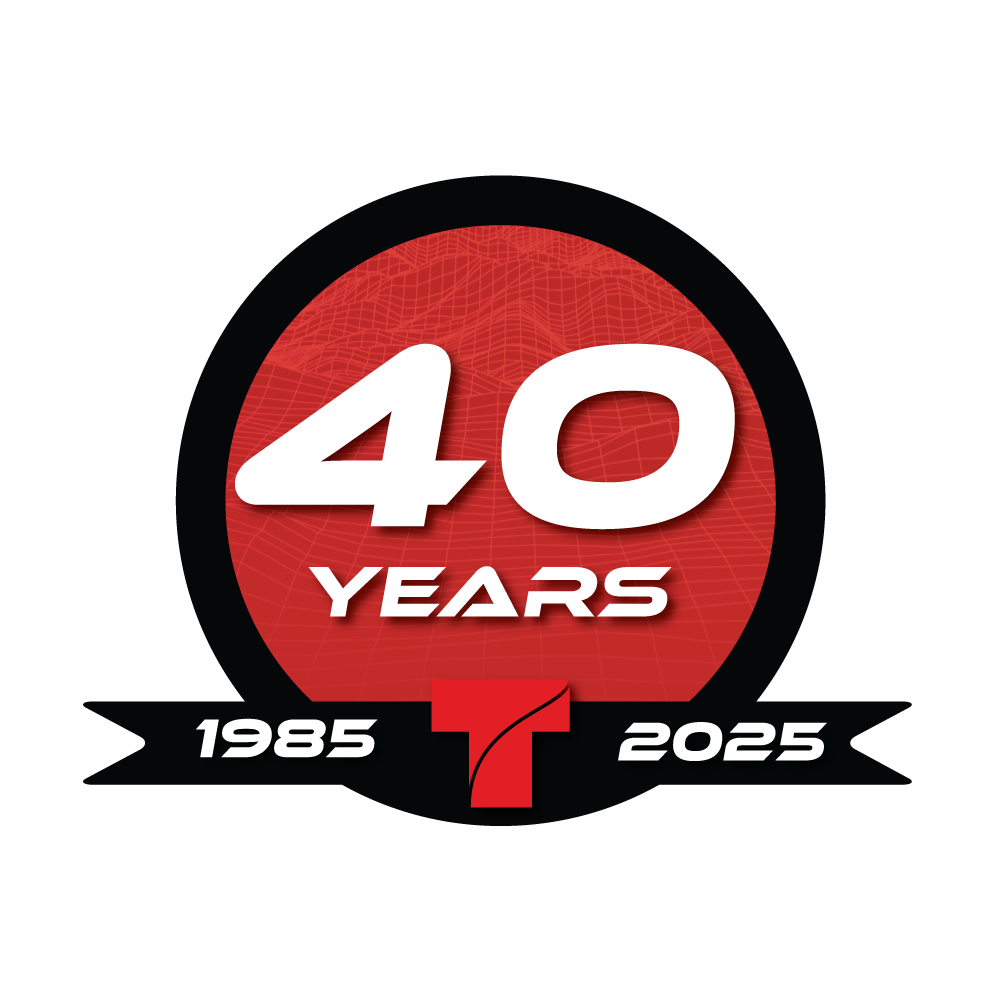10 Skills To Help You Succeed in the Geospatial Industry
The geospatial industry is booming. With its interdisciplinary nature, many industry veterans studied geoscience, computer science, biology, sociology, design, or even art before pivoting into the geospatial industry. Whether you’re a student choosing a career path, someone looking to transition into the industry, or a newbie, let’s discuss ten skills that will help you succeed in geospatial.
Geographic Information Systems (GIS)
Geographic Information Systems, commonly known as GIS, form the backbone of geospatial technology. GIS allows professionals to capture, store, analyze, and present spatial data meaningfully. Mastery of GIS software, such as ArcGIS and QGIS, is fundamental in the geospatial industry. With GIS, you can create detailed maps, perform spatial analysis, and make data-driven decisions.
Remote Sensing
Remote sensing involves collecting data from satellites, drones, and other sensors to study the Earth’s surface. This technology is indispensable for environmental monitoring, disaster response, and land use planning. Understanding remote sensing principles and techniques is essential for accurately interpreting and analyzing data from these sources.
Spatial Analysis
The ability to conduct advanced spatial analysis sets geospatial professionals apart. Spatial analysis techniques, including spatial statistics, network analysis, and geospatial modeling, empower you to solve intricate spatial problems. Whether you’re optimizing transportation routes or assessing the impact of urban development, spatial analysis is your toolkit for informed decision-making.
Programming and Scripting
In today’s geospatial industry, coding skills are a valuable asset. Proficiency in programming languages like Python, R, or JavaScript allows you to automate repetitive tasks, develop custom geospatial tools, and interact with APIs. Learning to script enhances your efficiency and opens doors to innovative solutions.
Data Management
Effective data management is at the heart of every successful geospatial project. Geospatial professionals must collect, clean, and integrate diverse datasets. A sound understanding of data management principles ensures your data is accurate, up-to-date, and readily accessible for analysis.

Cartography and Visualization
Creating compelling maps and visualizations is a crucial skill for geospatial practitioners. A well-designed map can convey complex spatial information effectively. Understanding cartographic principles, color theory, and visualization tools enables you to present your findings in a way that resonates with technical and non-technical stakeholders.
Problem-Solving
The geospatial industry thrives on solving complex spatial problems. Strong problem-solving skills are essential for tackling environmental challenges or optimizing supply chain logistics. Geospatial professionals must approach issues analytically, think critically, and devise creative solutions.
Communication
Effective communication is a cornerstone skill in the geospatial world. You’ll often work in interdisciplinary teams, collaborating with experts from various fields. Clearly communicating your findings, insights, and recommendations in writing and verbally is crucial- it ensures that your work has a real impact and is understood by non-technical stakeholders.
Project Management
Effectively managing geospatial projects is essential for success. Project management involves setting clear goals, defining tasks, prioritizing activities, and meeting deadlines. Geospatial professionals must be adept at coordinating resources and navigating projects from inception to completion, ensuring that they deliver value to clients or organizations.
Adaptability and Learning
The geospatial industry is dynamic, with continuous advancements in technology and methodologies. To stay relevant and competitive, you must be open to learning new technologies and staying up-to-date with industry trends. Being adaptable and willing to embrace change is crucial for successful geospatial professionals.

Connect With T-Kartor USA
In addition to these ten skills, consider the value of domain knowledge in specific industries. Understanding the unique challenges and opportunities in urban planning, environmental science, agriculture, or transportation can give you a competitive edge. Building a professional network within the geospatial community and actively participating in conferences, workshops, and online forums can also help you establish yourself in the industry.
At T-Kartor USA, our expert teams work on projects and development in defense, innovation, satellite imaging, and more. If you are interested in working with us or have any geospatial questions, contact us today!





